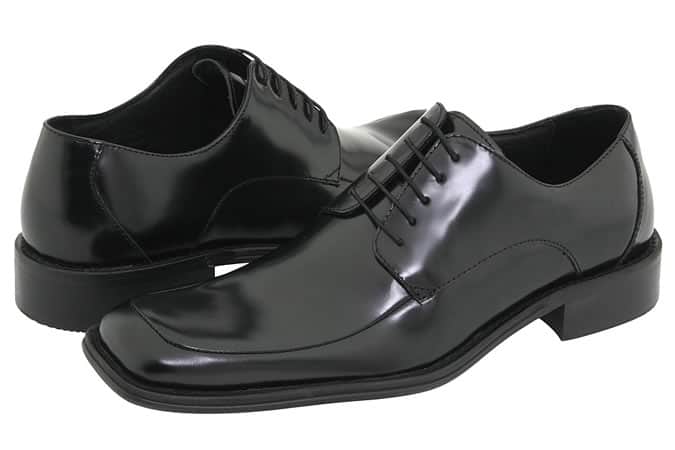This Is What Happens To Your Body When You Binge Drink
Come Friday, weekend warriors prepare for battle and no, we don’t mean Tough Mudder. We’re talking about the army of post-work drinkers heading to the bar with little on their minds but Tinder and booze. Lots and lots of booze. These forces seem to be on a recruitment drive too, with up to 7.8 million people admitting to a weekly binge in a report by the Office for National Statistics. But how dangerous is our propensity for getting paralytic, and what actually constitutes binge drinking in the first place? Well, not all that much, according to Billy Henderson, addiction unit manager at The Priory hospital group. “Binge drinking is described by the NHS as ‘drinking lots of alcohol in a short space of time to get drunk’ – around 8 units, or four to five pints, for men in a single sitting,” he says. Which is but a drop of the usual bar tab. So, in a bid to break down the boozy effects on the body, we’ve plotted the science behind your Friday (and Saturday, and Sunday) night session. You might want to get a glass of water.
Stage 1 – The First Round
It’s 5.30pm, and you’ve left work half an hour early. The end of the working week however, marks the beginning of your liver’s night shift. “Once you’ve had your first drink, it only takes an hour for alcohol to enter your bloodstream,” says Dr Adam Simon, chief medical officer at online GP service Push Doctor. “Your brain is the first organ to be noticeably affected, with a louder voice and reduced attention span.” Yeah, you’re that guy. Fortunately, these effects can be minimised, depending on your dinner plans. “Most people know that drinking on an empty stomach is a bad idea, so eat foods that slow alcohol’s progress to the bloodstream,” says Simon. Protein-rich foods like chicken keep your stomach full for longer, while ‘good fats’ such as salmon and avocado provide a great lining for the night ahead.”






